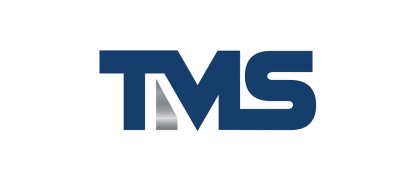ISO 50001:2018
Energy management systems
What is the ISO 50001 standard and why is it important for energy management?
- ISO 50001 is an international standard that specifies requirements for establishing, implementing, maintaining and improving energy management systems (EnMS).
- It is important because it enables organizations to follow a systemic approach in achieving continuous improvement in energy performance, including energy efficiency, energy use and consumption.
- Helps organizations improve their energy performance through better use of energy resources.
- Reduces costs and energy consumption.
What are the key benefits of implementing the ISO 50001 standard?
-
Improving energy performance, including energy efficiency, energy use and consumption.
-
Cost reduction through EnMS measurement and monitoring.
-
Continuous improvement of the energy management system.
-
Reducing the impact on the environment.
-
Compliance with legal regulations on energy efficiency.
-
Improving reputation and competitive advantage.
What are the key components of the ISO 50001 standard?
-
Energy policy: Defines the goals and principles of energy management.
-
Energy audit: Identifies significant energy aspects and consumption.
-
Energy Baseline: Establishes a reference point for measuring improvement.
-
Energy goals and objectives: Defines measurable goals for improving energy performance.
-
Action plans: Describes measures to achieve goals.
-
Monitoring and measurement: Collecting data on energy consumption and performance.
-
Internal audit: Checking the efficiency of the energy management system.
-
Management audit: Review and evaluation of the system by top management.
Which organizations can apply the ISO 50001 standard?
-
All organizations, regardless of size, type or sector.
-
Organizations that want to reduce energy costs and improve energy efficiency.
-
Organizations that want to reduce their impact on the environment.
-
Organizations that want to improve their reputation and competitiveness.
How is certification according to the ISO 50001 standard performed?
-
Choosing a certification body: Find an accredited certification body.
-
Preparation of documentation: Prepare all necessary documentation.
-
Preliminary audit (optional): Identification of potential problems before the main audit.
-
Main audit: The certification body performs a compliance check
-
Issuance of certificates: If the organization is compliant, it receives a certificate.
-
Regular checks: The certification body carries out regular checks to ensure continued compliance.
What are the key differences between ISO 50001 and other energy management standards?
-
ISO 50001 is an international standard for an energy management system.
-
Other standards may focus on specific aspects of energy efficiency.
-
ISO 50001 provides a comprehensive framework for energy management.
How does ISO 50001 contribute to the sustainable development of an organization?
-
Reduces energy consumption and greenhouse gas emissions.
-
Improves the efficiency of resource use.
-
Reduces business costs.
-
Improves the reputation of the organization.
-
Encourages the application of sustainable practices.
ISO 50001 je ključni standard za organizacije koje žele da poboljšaju svoje energetske performanse i doprinesu održivom razvoju.
TMS provides internationally recognized ISO 50001 certification.





